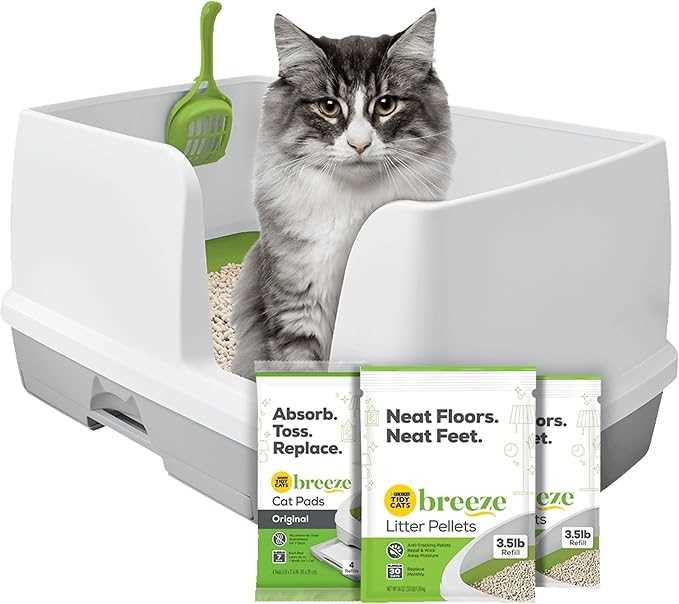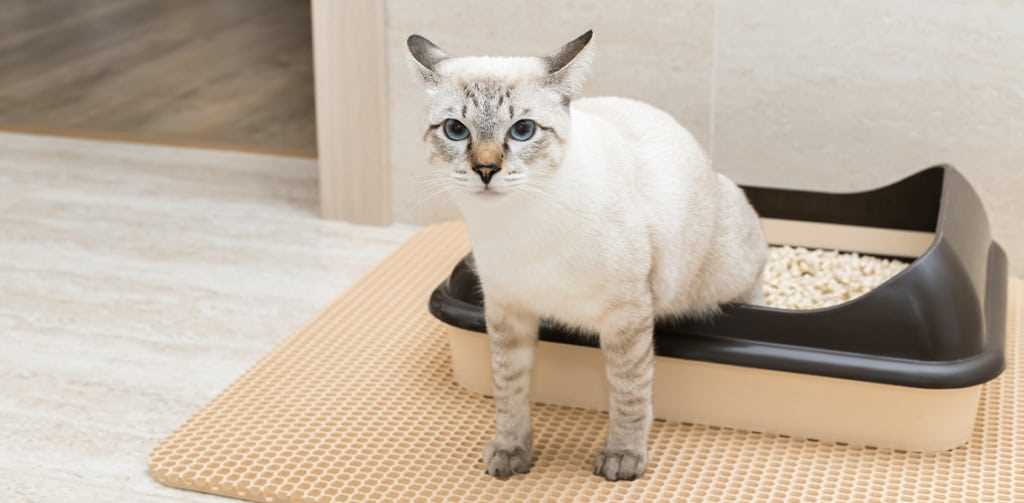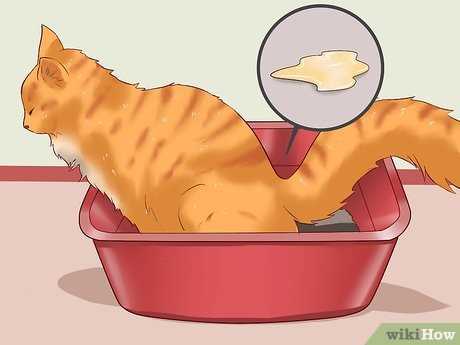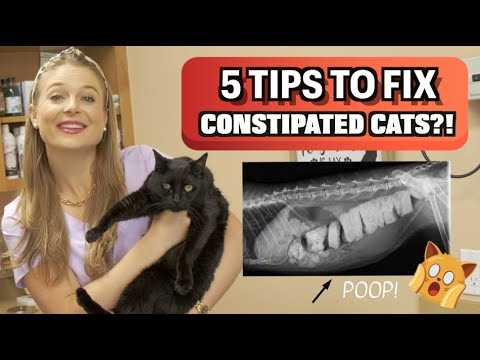



Pumpkin puree stands out as a reliable remedy. This natural source of fiber helps to soften stools, making it easier for furry friends to pass them. A couple of teaspoons mixed into their regular food can work wonders.
Another effective choice is increasing water intake. Adding wet food to the diet provides hydration, which is essential for maintaining healthy bowel movements. If your feline prefers kibble, consider using a pet fountain to encourage drinking.
Incorporating high-fiber treats can also assist in alleviating uncomfortable situations. Look for snacks specifically designed to promote digestive health. These can aid in getting things moving smoothly.
Lastly, regular playtime encourages physical activity, which is key in preventing sluggish digestion. Engaging in fun activities helps stimulate the bowels, promoting a healthy gut. A few minutes of chasing a feather toy or laser pointer can make a significant difference.
Relief Options for Digestive Issues
Try adding a small amount of canned pumpkin to my meals. This natural fiber source helps regulate digestion and can ease discomfort. Just a teaspoon mixed into my food works wonders.
Hydration Hacks
Always ensure fresh water is available. Sometimes, a little extra flavor can entice me to drink more. Consider adding low-sodium chicken broth or specially formulated cat water enhancers to improve hydration.
Fiber-Rich Foods

Look for high-fiber cat food options. Brands that include ingredients like beet pulp or brown rice can promote healthy bowel movements. Always check with a vet before making any dietary changes.
| Option | Details |
|---|---|
| Canned Pumpkin | 1 teaspoon mixed with food; natural fiber. |
| Hydration Boost | Low-sodium broth or water enhancers; encourages drinking. |
| High-Fiber Food | Contains beet pulp or brown rice; consult a vet. |
Identifying Symptoms of Constipation in Cats
Straining during litter box visits is a clear sign something is off. If I spend more time than usual in there without producing anything, it’s time for concern. Pay attention to my posture; if I crouch uncomfortably or seem restless, that’s another red flag.
Changes in Appetite

A sudden drop in my food intake can indicate discomfort. If I turn my nose up at my favorite meals, it might be linked to digestive issues. Staying alert to my eating habits helps catch problems early.
Behavioral Shifts
If I become more withdrawn or irritable, it’s worth investigating. Cats often hide their discomfort, so any noticeable change in mood can signal a digestive struggle. Excessive grooming around the rear end or signs of distress while trying to eliminate also warrant attention.
Best Dietary Changes for Relieving Cat Constipation
Incorporating more fiber into meals is key. Canned pumpkin, not the spiced pie filling, is a fantastic source. Just a teaspoon mixed into regular food can encourage smoother bowel movements.
Switching to high-quality, high-moisture wet food can help hydrate and soften stools. Look for options with real meat and added moisture. Dry kibble often lacks the necessary hydration.
Adding Probiotics

Probiotics can enhance gut health. Consider a probiotic supplement specifically designed for felines. This can promote healthy digestion and regularity.
Fresh Water Availability
Always ensure fresh water is accessible. Cats often prefer running water, so a cat water fountain may encourage more drinking, further aiding digestion.
Safe Over-the-Counter Remedies for Cats
In my experience, some over-the-counter options can offer relief. One highly recommended product is Miralax, a stool softener that many pet owners find effective. It’s safe for felines and can be easily mixed into food. Dosage usually ranges from 1/8 to 1/4 teaspoon per day, but check with a vet for personalized advice.
Pumpkin puree is another natural remedy that works wonders. A small spoonful of pure, unsweetened pumpkin can add fiber to the diet and stimulate bowel movement. Just ensure it’s plain pumpkin, not the spiced pie filling!
There’s also lactulose, a prescription medication available over-the-counter in some regions. It helps draw water into the intestines, making stools easier to pass. For best results, follow the vet’s guidance on dosage.
Some folks swear by fiber supplements, like psyllium husk, which can be mixed in food. This can improve digestive regularity, but moderation is key to avoid excess gas.
Lastly, hydration is crucial. Offering fresh water and considering a pet water fountain can encourage drinking, thus softening stools naturally. Remember to monitor any changes and consult a veterinarian if issues persist.
For more about safe practices in various situations, check this link.
When to Consult a Veterinarian for Constipation
If my litter box habits change significantly, it’s time to see a vet. Signs of distress include straining to eliminate, infrequent bowel movements, or producing hard, dry stools. These symptoms can indicate an underlying issue that needs professional attention.
Red Flags to Watch For

- Vomiting or loss of appetite
- Abdominal swelling or pain
- Behavior changes, such as hiding or aggression
- Blood in stool or mucus
Ignoring these signs can lead to serious complications, including severe dehydration or more serious gastrointestinal issues. A vet can conduct necessary tests and recommend appropriate treatments.
When Home Remedies Fail
If dietary adjustments or over-the-counter solutions don’t work after a few days, seek veterinary advice. Timely intervention is key to preventing further health problems.
For additional health concerns, like parasites, check out the best treatment for roundworms in cats.
Home Remedies and Natural Solutions for Cats
Adding a spoonful of pumpkin puree to meals helps with digestion and softens stool. Opt for plain, canned pumpkin without additives or spices.
Hydration plays a key role. Encourage drinking by providing fresh water daily and considering a cat water fountain which can entice a thirsty feline.
Incorporating olive oil or coconut oil into the diet can lubricate the digestive system. A small amount mixed with food can ease passage and improve gut health.
Regular exercise promotes bowel movements. Engage in playtime with toys or laser pointers to keep energy levels high and stimulate digestion.
Herbal remedies like catnip or fennel can be beneficial. These herbs may help soothe the stomach and encourage regularity.
Creating a comfortable litter box environment can encourage usage. Ensure it is clean, easily accessible, and in a quiet location.
Consider adding fiber-rich foods, such as cooked vegetables like green beans or carrots. These can bulk up the stool and promote movement through the intestines.









